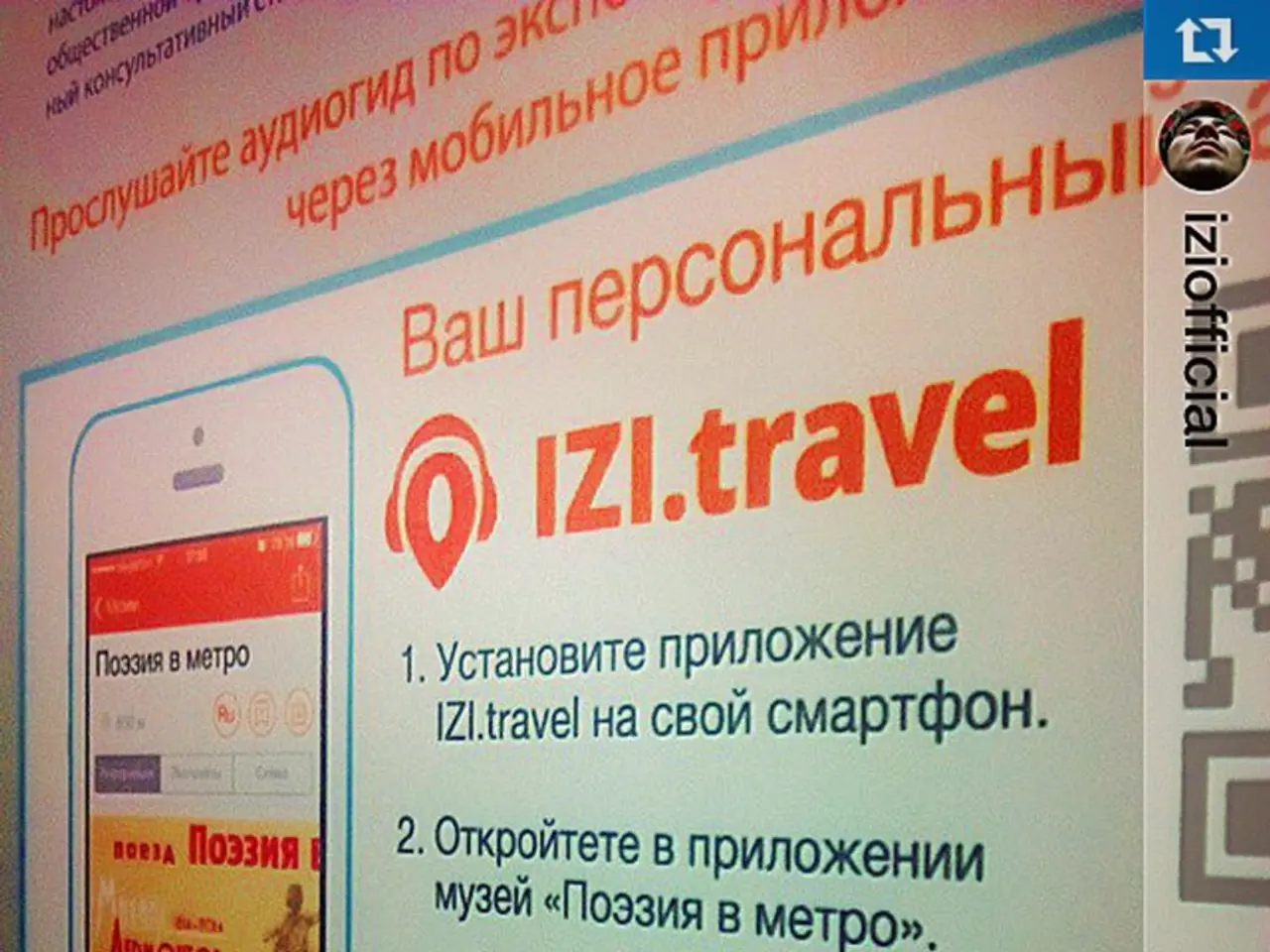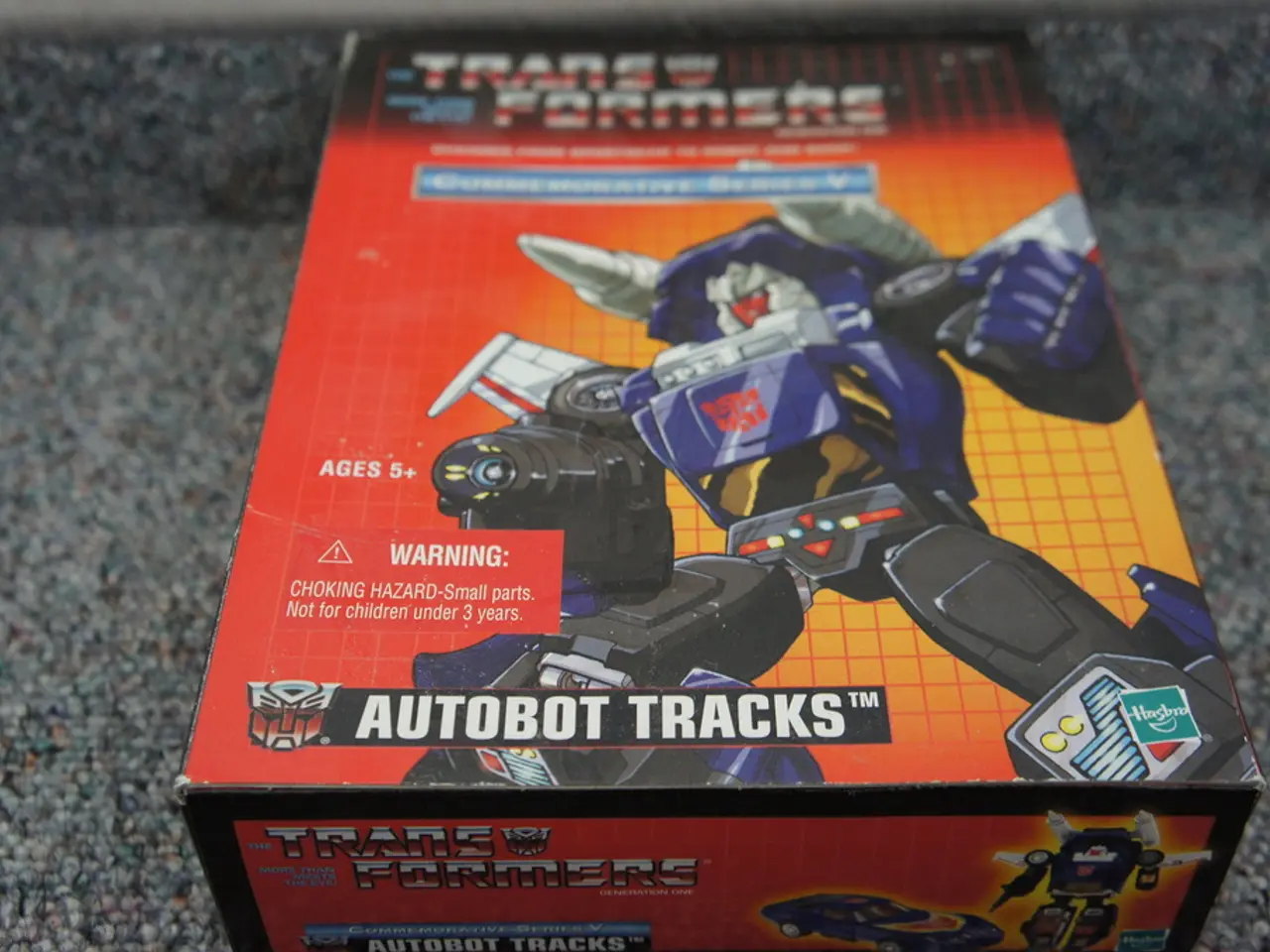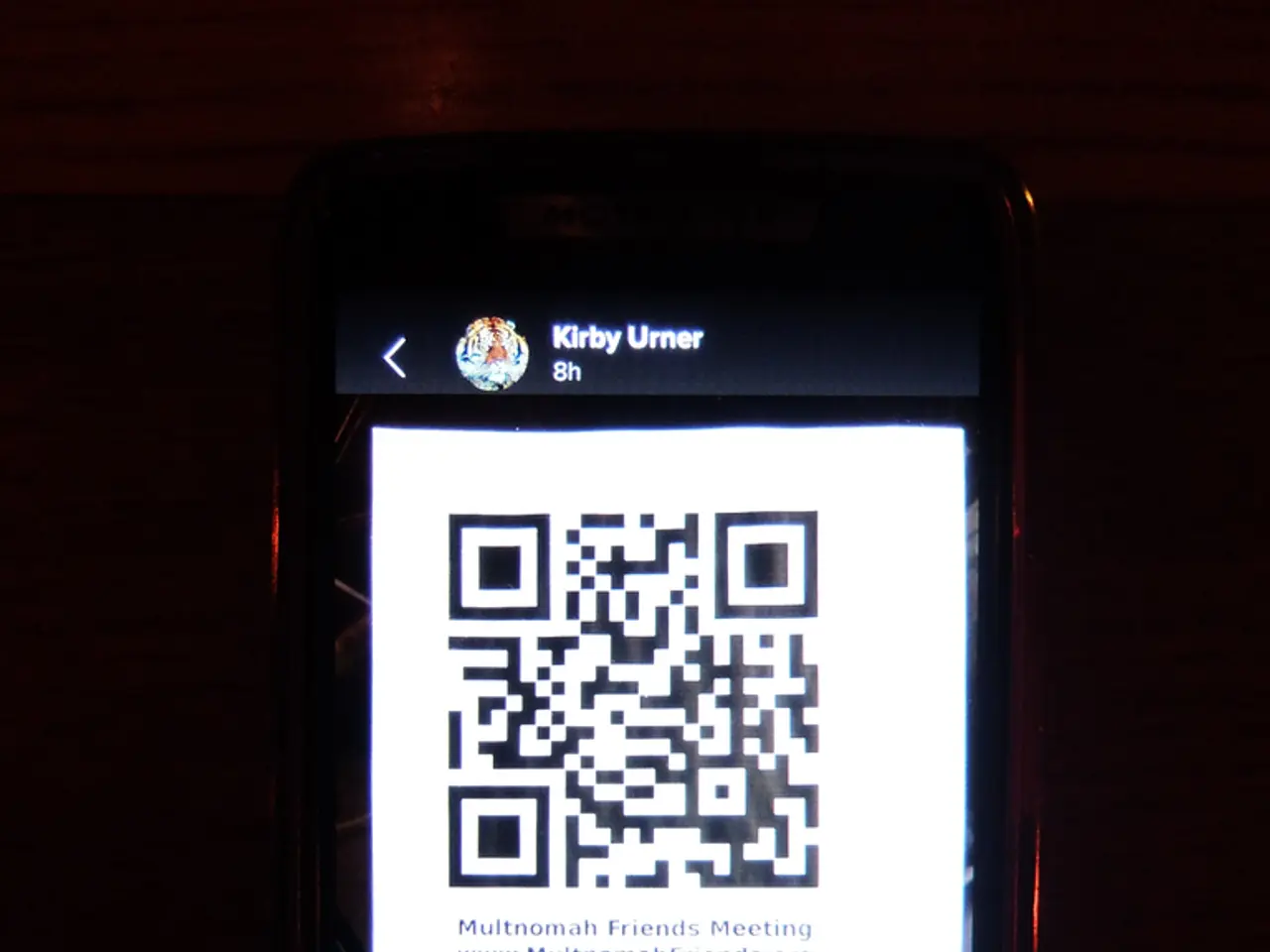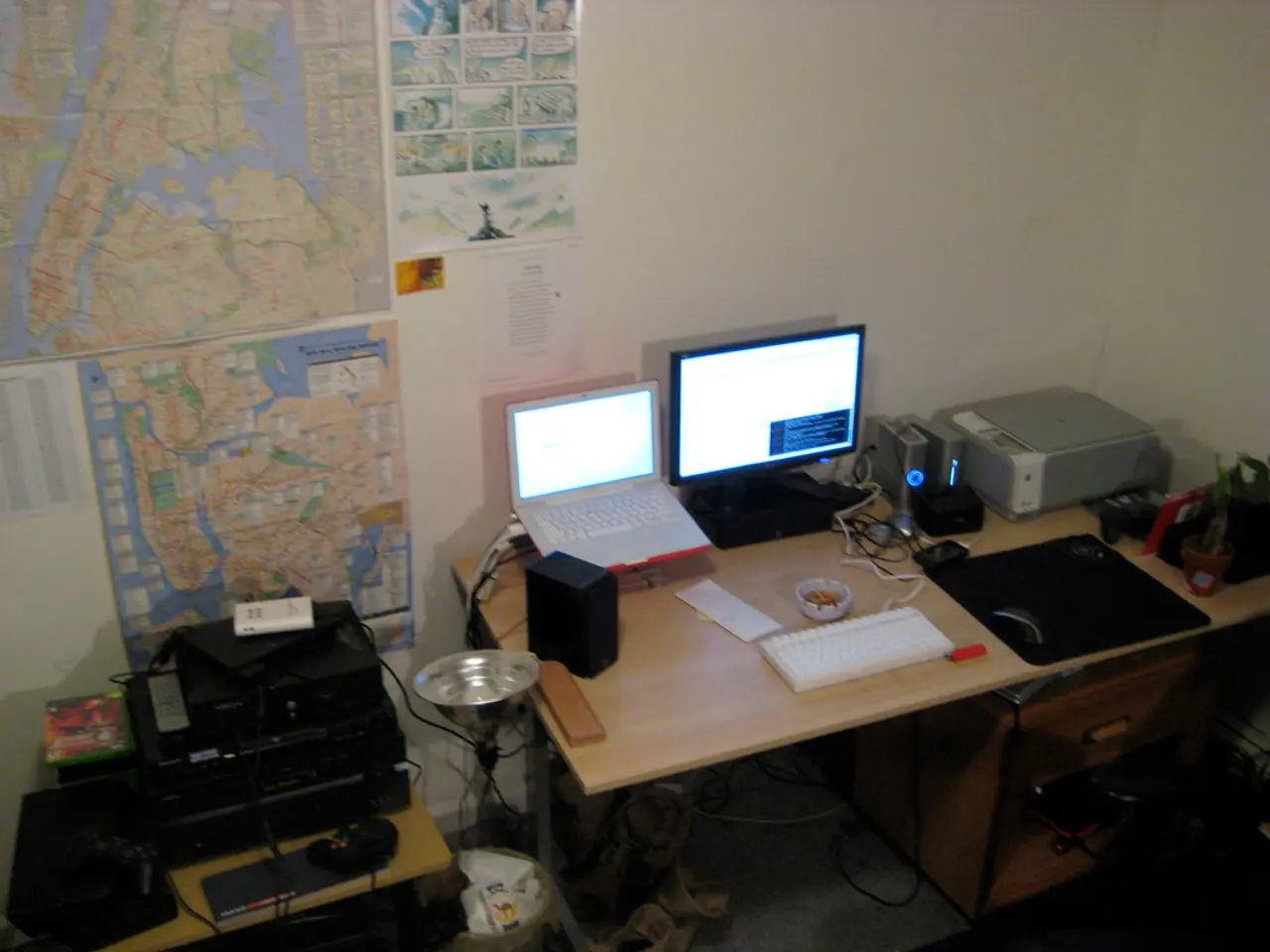Victory obtained by law firm in patent dispute involving Snap Inc. in the US Federal Circuit Court
In a significant victory for Snap Inc., the US Court of Appeals for the Federal Circuit (CAFC) has affirmed a decision by the Patent Trial and Appeal Board (PTAB) that invalidated Xerox Corp.'s U.S. Patent No. 8,489,599, titled "Context and Activity-Driven Content Delivery and Interaction."
The patent in question covers techniques and systems for creating and presenting content based on contextual information. Snap Inc., along with Meta and X Corp, had filed inter partes review (IPR) petitions challenging claims of this patent on the basis of prior art. The PTAB reviewed all petitions, consolidated them, and ruled that the challenged patent claims were unpatentable.
Xerox appealed this decision, arguing that the PTAB erred in claim construction. Specifically, Xerox contested that the claim limitation about "determining whether the received response matches the expected response" required explicit disclosure of the possibility of unexpected responses. However, the CAFC rejected Xerox's appeal, affirming the PTAB's finding of unpatentability. The court stated that if Xerox wanted a more limited claim construction, it should have drafted the claims accordingly during prosecution.
The CAFC's ruling effectively invalidates all 25 claims of the '599 patent. This outcome protects Snap and other companies from potential patent infringement claims based on the disputed patent and clarifies aspects of claim interpretation in content delivery technologies.
The legal team from global law firm White & Case LLP, led by Intellectual Property partners Yar R. Chaikovsky and David Okano, based in Silicon Valley, represented Snap in this case. Chaikovsky specializes in Intellectual Property, Technology, and Artificial Intelligence (AI) in Taiwan, while Okano specializes in the same areas within the United States.
This victory marks a significant milestone in the ongoing patent disputes in the tech industry, particularly in the realm of content delivery technologies. It underscores the importance of clear and precise claim construction in patent law and the role of firms like White & Case LLP in navigating complex legal landscapes for their clients.
[1] US Court of Appeals for the Federal Circuit decision [2] PTAB final written decision [3] Snap's IPR petition [4] Xerox's response to Snap's IPR petition
[1] The US Court of Appeals for the Federal Circuit (CAFC) affirmed a decision by the Patent Trial and Appeals Board (PTAB) that was in favor of Snap Inc., regarding a dispute over intellectual property rights.
[2] The PTAB's final written decision, in response to Snap's IPR petition, ruled that Xerox Corp.'s U.S. Patent No. 8,489,599, titled "Context and Activity-Driven Content Delivery and Interaction," was unpatentable.
[3] Snap Inc., along with Meta and X Corp, had filed inter partes review (IPR) petitions challenging claims of Xerox's patent on the basis of prior art.
[4] In response to Snap's IPR petition, Xerox argued that the PTAB erred in claim construction, contesting that the claim limitation about "determining whether the received response matches the expected response" required explicit disclosure of the possibility of unexpected responses.




